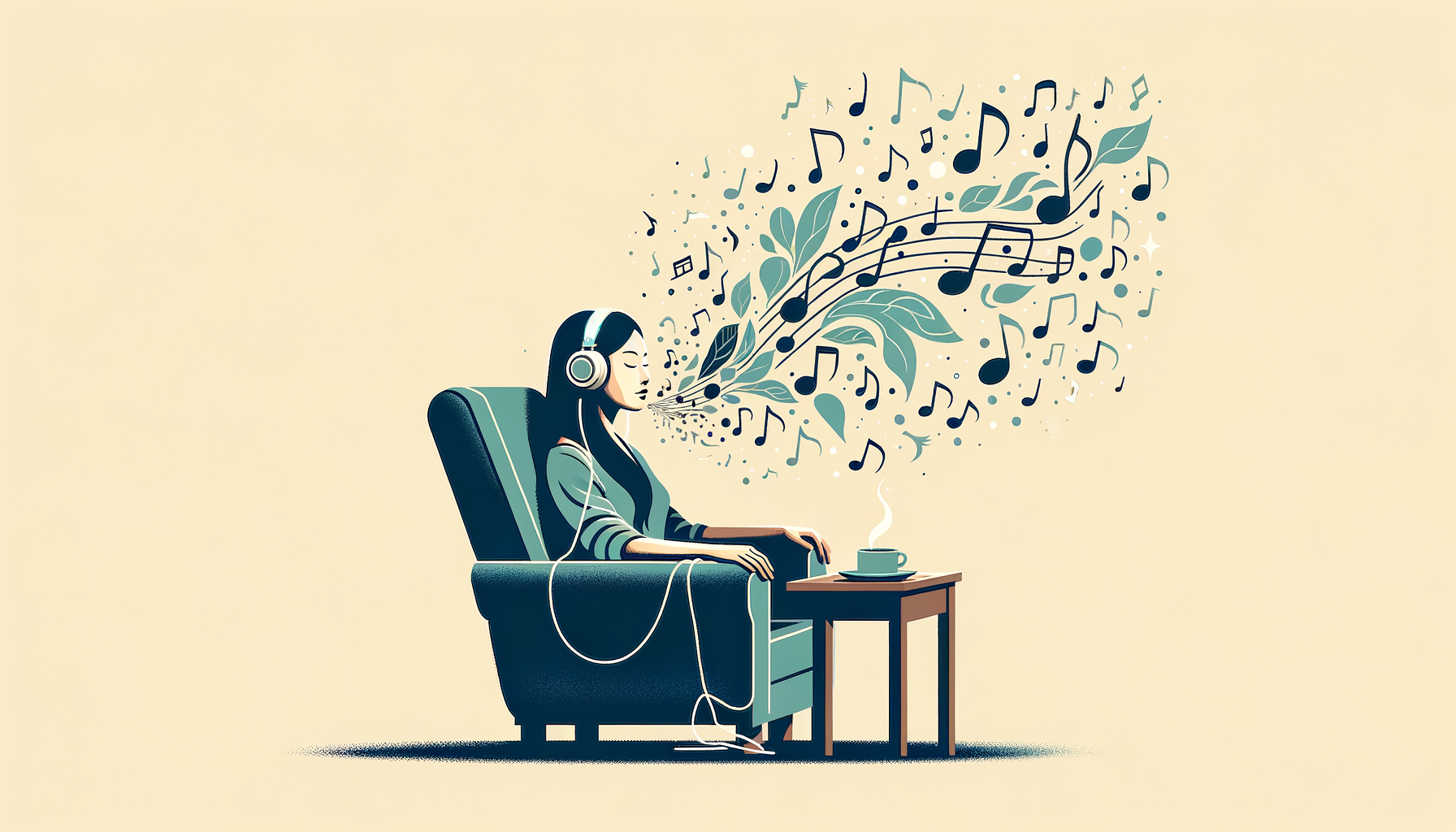Introduction
The symphony of life is often underscored by the harmonious notes of music. It is a universal language that transcends boundaries, cultures, and generations. But beyond its aesthetic appeal, music plays a pivotal role in our mental wellbeing. This article delves into the profound impact of music on our mental health, exploring its therapeutic potential, its influence on emotional health, and the techniques employed in music therapy.
Therapeutic Impact of Music

Music, in its myriad forms, has a profound therapeutic impact. It is a potent tool for healing, capable of reaching the deepest recesses of the human psyche. The soothing strains of a melody can alleviate stress, while the rhythmic beats of a drum can invigorate and energize. Music can act as a balm for the soul, providing solace in times of distress and amplifying joy in moments of happiness.
The therapeutic impact of music is not merely anecdotal. Scientific research corroborates the healing power of music. Studies have shown that music can reduce anxiety, alleviate symptoms of depression, and improve cognitive function. It can also foster resilience, enabling individuals to better cope with life’s challenges.
Music’s therapeutic potential extends to physical health as well. It can lower blood pressure, reduce heart rate, and improve sleep quality. Moreover, music can enhance the efficacy of other therapeutic interventions, making it a valuable adjunct in the treatment of various health conditions.
Music and Emotional Health
Music is intrinsically linked to our emotional health. It has the unique ability to evoke a wide range of emotions, from the deepest sorrow to the most exuberant joy. Music can mirror our feelings, validate our experiences, and provide a safe outlet for emotional expression.
Music can also serve as a catalyst for emotional growth. It can help us navigate the complexities of our emotional landscape, fostering self-awareness and emotional intelligence. By resonating with our emotions, music can facilitate emotional processing, helping us to understand, express, and regulate our feelings.
Furthermore, music can foster social connections, which are vital for emotional health. Shared musical experiences can create a sense of belonging, strengthen relationships, and foster empathy and understanding. Music can thus play a crucial role in promoting emotional wellbeing and resilience.
Music Therapy Techniques
Music therapy is a specialized field that harnesses the power of music to promote health and wellbeing. It employs a variety of techniques, tailored to the individual’s needs and preferences. These techniques range from active participation in music-making to receptive listening to music.
Active music therapy techniques involve the individual in the creation of music. This could include singing, playing an instrument, or engaging in rhythmic activities. These techniques can enhance self-expression, improve motor skills, and foster a sense of accomplishment.
Receptive music therapy techniques involve listening to music, either passively or with focused attention. These techniques can promote relaxation, reduce anxiety, and facilitate emotional processing. They can also stimulate cognitive function, enhancing memory and attention.
Music therapy can also involve improvisation, songwriting, and music-based storytelling. These techniques can foster creativity, enhance self-esteem, and facilitate the exploration of personal experiences and emotions.
Conclusion
In conclusion, music plays a vital role in promoting mental wellbeing. Its therapeutic impact, its influence on emotional health, and the techniques employed in music therapy underscore its significance in the realm of mental health. As we navigate the symphony of life, music serves as a steadfast companion, a healing balm, and a powerful catalyst for growth and transformation.





